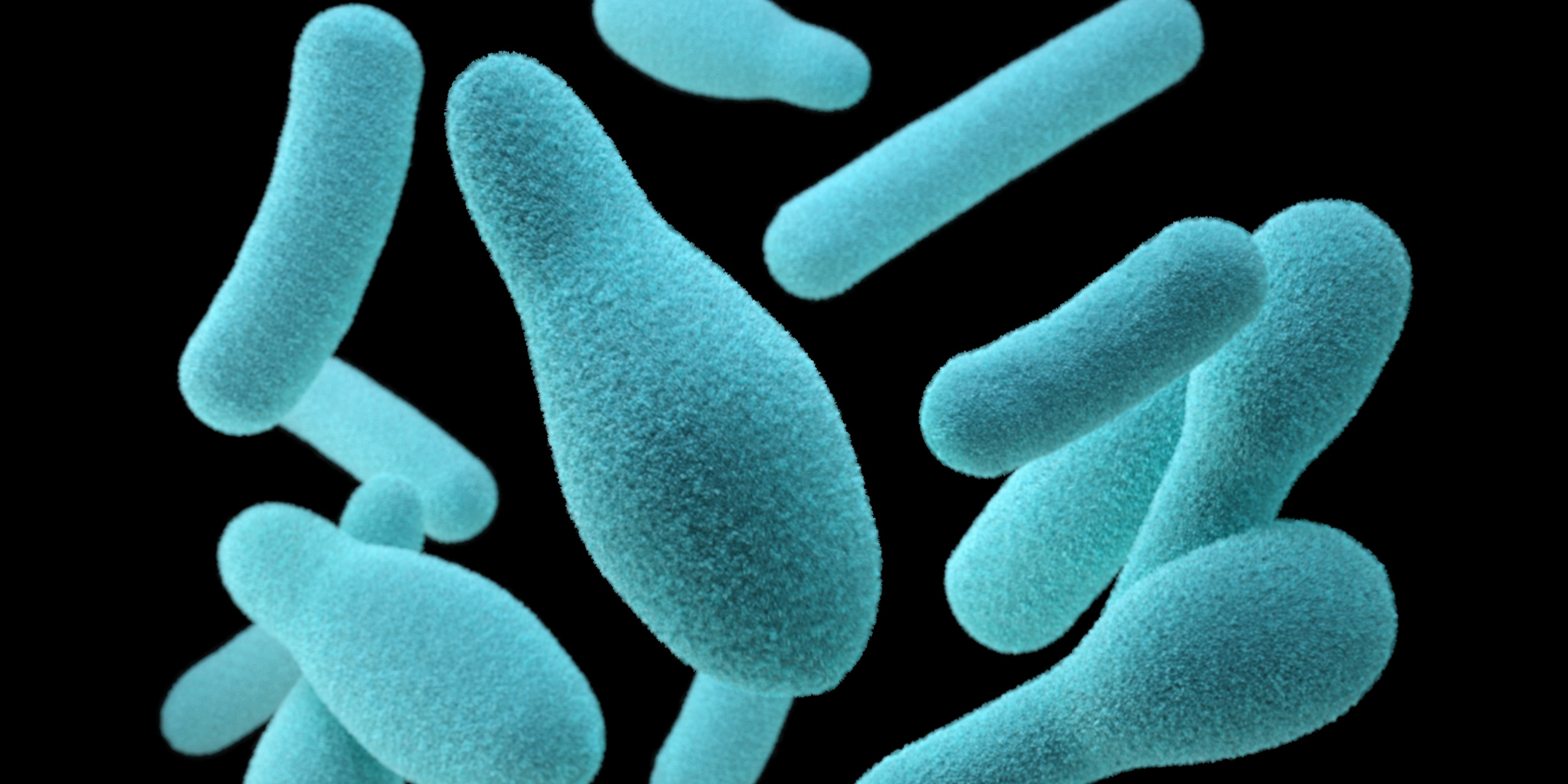Originally published 11 December 1995
Remember the shmoo?
The shmoo was invented by Al Capp in the comic strip Li’l Abner: a wobbly tenpin-with-legs sort of creature with the misfortune (or good fortune) of being almost totally consumable. Broiled shmoo tasted like steak; fried, like chicken. Shmoos gave eggs, butter, and Grade A milk. The skin was a versatile fabric, the eyes made perfect buttons, and even the whiskers served as toothpicks. Most importantly, shmoos reproduced in prodigious numbers and delivered themselves willingly to human appetites. If you looked hungrily at a shmoo it dropped dead of sheer happiness.
Shmoos were cute, shmoos were adorable. Shmoos were also irresistible blobs of protein. It was inevitable that someone would eat them.
Now, think about it another way. Humans reproduce with shmoo-like abandon. Never in the history of the planet has a single species multiplied with so few constraints. There are presently nearly 6 billion of us, and our numbers are soaring. We level forests, fill bays, drain wetlands, and pave over prairies to contain our burgeoning progeny. We have made ourselves the shmoos of the planet — irresistible foodstuffs.
Zoologist Mark Ridley writes: “Just as we consume resources, so we are ourselves a resource to be consumed. So far, we merely happen to be extraordinarily underexploited… There is no ecological opportunity on the Earth to compare with the gigacaloric potential of human flesh.”
In other words, we are a meal waiting to happen.
But who will eat us? We are at the top of the food chain, more or less. The few man-eating predators on the planet can be held at bay with high-tech weaponry; indeed, as our own numbers increase, sharks, lions, and tigers are pushed towards extinction. What about extraterrestrials? Might we become the grub of some more advanced galactic race? Maybe, but the possibility is too remote to bear worrying about.
The eaters who are waiting to consume us are closer to home, and poised to escalate their terrible assault. They are, of course, of the vast invisible communities of viruses and bacteria.
With every bite of food we eat, we convert more of the available planetary resources into human flesh. Increasingly, we must look like shmoos to the microbes: plump, available, irresistible. Ridley draws attention to the Darwinian pressure on microbes to make their diet out of us. So far, they have made only limited evolutionary progress towards overwhelming our defenses, but the dynamic of evolution is on their side.
Not to worry, you say. We have managed to keep lions and tigers at bay, we can do the same for microbes. Haven’t we invented antibiotics that will do the trick? Surely, no microscopic organism can compete with human genius.
Well, don’t be too sure. The story is more complicated than that. For one thing, it wasn’t human genius that invented antibiotics. Penicillin and its allies were evolved by funguses and molds as defenses against bacteria. Humans discovered antibiotics when a penicillin-making mold accidentally fell into a dish of bacteria in the laboratory of Alexander Fleming in 1928.
In other words, our famous “miracle drugs” are products of millions of years of evolutionary trial and error. What humans have done is steal them from molds and funguses and use them against our own microbial enemies. Unfortunately, we have used these precious weapons without restraint, placing a strong selective pressure on microbes to evolve resistance to the drugs — and of course they have done so. The effectiveness of antibiotics is fading fast.
The blame for this sorry state of affairs can be shared by drug companies for greedily hawking each new antibiotic, by doctors for frivolously prescribing them, by patients for insisting upon the prescriptions, and by agribusiness for spiking livestock feed with drugs.
Score a big one for the microbes.
Microbes have dominated the planet for nearly 4 billion years; the rest of us are fairly recent arrivals. Some would say that microbes still own the planet, and merely tolerate the so-called “higher” animals and plants as long as it suits their purpose.
The most important lesson the human species can learn is that we are part of a balance. The black death of the Middle Ages, the influenza epidemics of the early 20th century and the AIDS scourge of our own time are reminders of what can happen when the balance is broken. The old myth of our god-given dominion on the planet is not only out-of-date, it is downright dangerous.
As the human population explosion increasingly turns the biomass of the planet into human flesh, the ancient balance between ourselves and the microbes is put at risk. A showdown may be in the offing. The microbes have the advantage of short reproduction cycles, a million times faster than our own: In any race to evolve defenses against the enemy, we haven’t a hope of competing. Bacteria can evolve resistance against antibiotics within months or years. Our own natural defense mechanisms against bacteria are the products of millions of years of evolution.
The declining effectiveness of our miracle drugs suggests that a permanent technical fix against microscopic pathogens may not be forthcoming. We are sitting ducks, an irresistible potential feast, victims of our own success and lack of restraint.
Good luck to the human shmoo.



